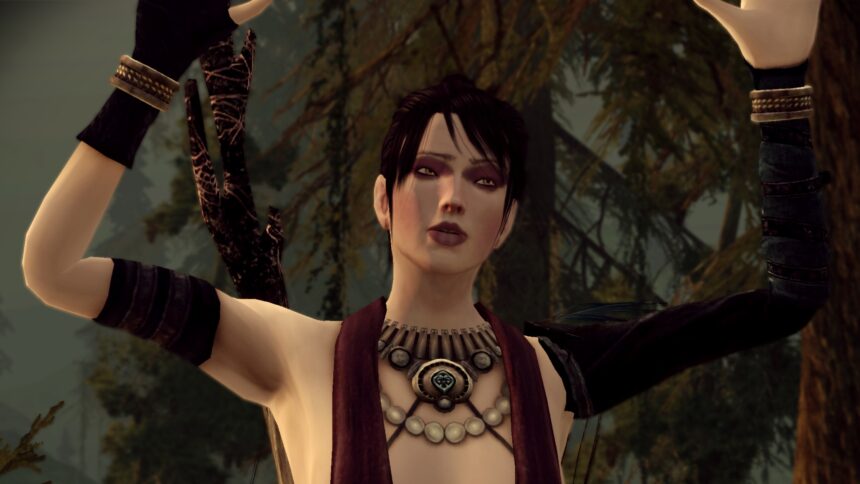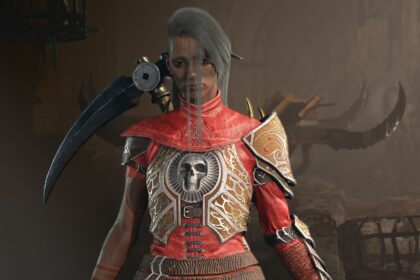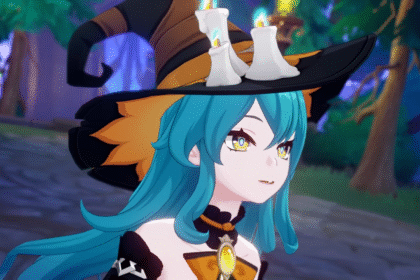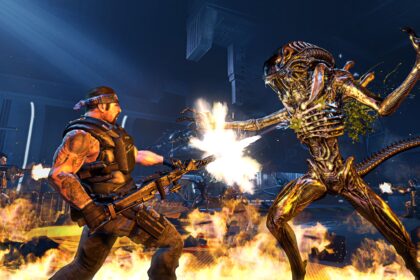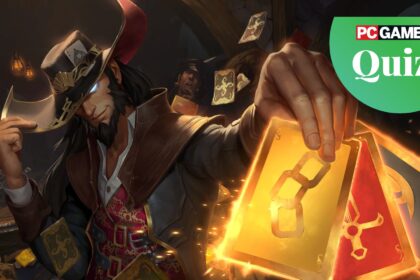In response to a viewer question in a 200k subscriber Q&A for his YouTube channel, former BioWare producer Mark Darrah explained why Mages in Dragon Age: Origins were so feature rich or “complete” when compared to Rogues and Warriors.
“I would say it’s more because the design space that Dragon Age: Origins was being built into was heavily influenced by second edition D&D,” said Darrah. Advanced Dungeons & Dragons, or AD&D, formed the basis of the mini RPG golden age of Infinity Engine games started by Baldur’s Gate.
Famously, at the time of its release, Dragon Age was BioWare returning to its roots to make a more tactical, complex RPG like the Forgotten Realms-based duology that put it on the map.
“The reality is: [Fighters] and Rogues, they were thinner classes. They were simpler classes,” Darrah explained. “And the Mage was the stronger, more fully implemented, more fully considered class. Much more complicated, in terms of spells and such.”
This was something I struggled with coming to Baldur’s Gate after later RPGs like Neverwinter Nights: Feats weren’t really a thing until third edition D&D, cribbing off Fallout’s notes with perks.
Watch On
Fighters and related combat classes in the OG Baldur’s Gates are mostly there to auto attack enemies, the Battlemaster maneuvers and whirlwind attacks of later games just a twinkle in some designer’s eye.
Mages, meanwhile, could summon demons, draw on a host of direct damage and crowd control effects, and even engage with an interactive Wish spell with ironic punishments for poorly worded wishes due to a low Wisdom score. You can see Baldur’s Gate 2’s Throne of Bhaal expansion try to ameliorate this with the addition of “High Level Abilities”—basically feats by another name.
I’ve always been partial to Rogues in Origins, but you can see who got the most love of the trio: Warriors and Rogues share archery and dual weapon ability trees, with some special dirty tricks and the requisite sneak attacks for Rogues, while Warriors get exclusive access to two-handers and the sword and board setup. Just like in Baldur’s Gate, Mages have a smorgasbord of game-changing spell effects.
But there’s one more factor Darrah points to as well: Origins’ relative realism compared to later entries in the series. “Of all the Dragon Ages, Dragon Age: Origins is the most ‘grounded,'” said Darrah. “It’s the one that’s worrying the most about everything making perfect sense within the overall lore of the game.”
“So Warriors and Rogues in Origins basically don’t have talents or skills that violate physics, whereas, as we move into Dragon Age 2 and Inquisition and Veilguard, you get a lot more things that are not really possible for someone to physically do.”
This is something that always vexed me in Inquisition and Veilguard in particular: Why are Mages so persecuted if basically everyone has godlike magical abilities now? Assassins get flash step shadow clones, Reavers have fire blood dragon claws, Champions in Veilguard can do AoE fire magic spellsword stuff. Everybody’s a super hero.
It’s certainly fun and feels very cool to do wild Tempest elemental stuff in Inquisition or poison Duelist flurry attacks in Veilguard, but I found it contributed to this flattening effect on the class fantasies. Things might have been unbalanced in Origins, but it made Mages feel special in a fiction where they were supposed to be incredibly powerful.
Read the full article here



